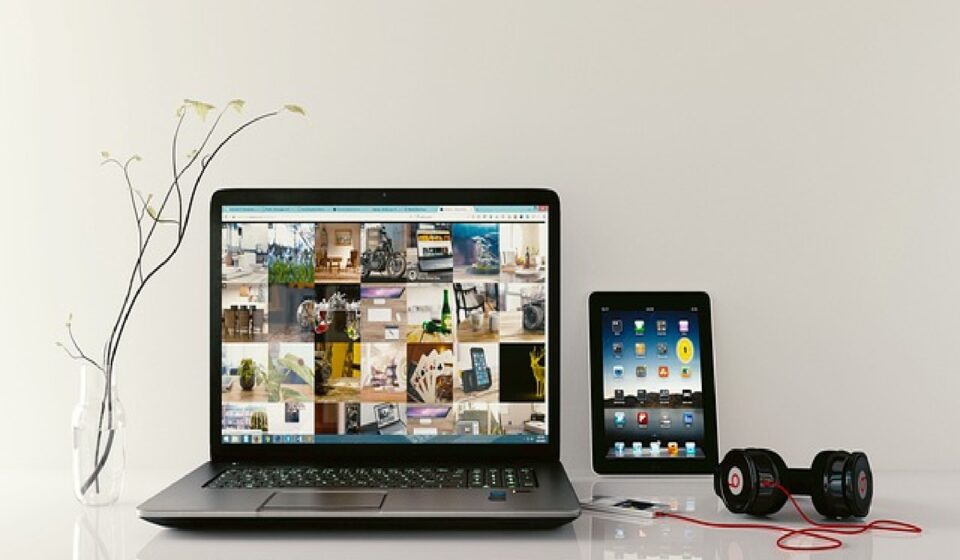In 2025, choosing between a Chromebook and a Windows laptop depends on your specific needs, budget, and intended use. Both platforms offer distinct advantages and limitations. Here’s a comprehensive comparison to help you make an informed decision.
🔍 Operating System Overview
Chromebooks run on ChromeOS, a lightweight operating system designed for speed, simplicity, and security. It’s optimized for cloud-based applications, making it ideal for users who primarily use web services and Google Workspace tools.
Windows laptops, on the other hand, operate on Windows 11, offering a versatile environment capable of running a wide range of applications, from productivity suites to high-end games and professional software.
💰 Pricing and Value
Chromebooks are known for their affordability. Entry-level models can start as low as $200, making them accessible for students and budget-conscious users.
Windows laptops cover a broader price spectrum. Budget models may start around $400, but mid-range and premium devices can easily exceed $1,000, especially those equipped with advanced features and powerful hardware.
⚙️ Performance and Hardware
Chromebooks typically feature energy-efficient processors like Intel Celeron or ARM chips, sufficient for everyday tasks such as browsing, streaming, and document editing.
Windows laptops offer a wider range of hardware configurations, from basic processors to high-performance CPUs, catering to users who require more processing power for tasks like gaming, video editing, or running specialized software.
🔋 Battery Life
Chromebooks excel in battery efficiency. Due to their lightweight OS and lower hardware demands, many models can last between 10 to 14 hours on a single charge.
Windows laptops’ battery life varies significantly. While some premium models offer extended battery life, many standard laptops provide 5 to 8 hours of usage, depending on the hardware and tasks performed.
🛡️ Security and Updates
Chromebooks offer robust security features, including automatic updates, sandboxing, and verified boot processes. These features ensure that the device remains secure with minimal user intervention.
Windows laptops require more active maintenance. Users need to manage updates and install antivirus software to protect against malware and security vulnerabilities.
🎮 Software Compatibility
Chromebooks are optimized for web-based applications and integrate seamlessly with Google Workspace tools. However, they may struggle with resource-intensive tasks or software that isn’t available in the Chrome Web Store.
Windows laptops support a vast array of applications, including professional-grade software and games. This makes them suitable for users who need access to specialized programs or enjoy gaming.
🧑🎓 Who Should Choose Which?
- Choose a Chromebook if you:
- Primarily use web-based applications and Google Workspace.
- Value long battery life and portability.
- Have a limited budget.
- Choose a Windows laptop if you:
- Require a wide range of software applications.
- Need more processing power for tasks like gaming or video editing.
- Prefer a more traditional desktop experience.
🛒 Recommended Models
Chromebooks:
- Acer Chromebook Spin 312: A versatile 2-in-1 device with an Intel Core i3 processor, 8GB RAM, and 128GB storage, suitable for educational and everyday use.
Windows Laptops:
- Dell XPS 13: A premium ultrabook known for its sleek design, powerful performance, and long battery life.
- HP Spectre x360: A convertible laptop offering flexibility, high-end specs, and a premium build.
🏁 Final Verdict
Your choice between a Chromebook and a Windows laptop should align with your specific needs:
- Opt for a Chromebook if you prioritize affordability, battery life, and primarily use cloud-based applications.
- Choose a Windows laptop if you require a broader software ecosystem, higher performance, and more customization options.
Remember to assess your usage patterns, budget, and the types of tasks you’ll be performing to select the device that best fits your requirements.




